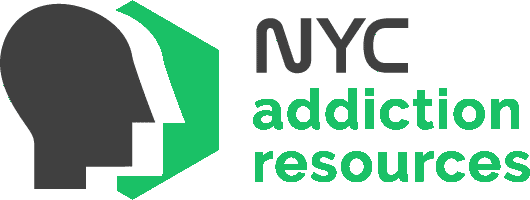Can Prescription Drugs Cause Addiction?
When most people think of substance abuse, either alcohol or illegal substances may spring to mind. In the last few decades, however, prescription drug abuse has become a source of addiction as well. Prescription medications can be helpful to patients when used under a doctor’s supervision. However, some prescription medications can be habit forming. Here, we will explore the following:
- What types of medications are most abused?
- How can prescription medications cause addiction?
- What treatment options are available?
What Types Of Medications Are Most Abused?
There are numerous types of prescription drugs on the market to treat a variety of medical issues. Some drugs, like vaccines, work to prevent serious illness. Others, like antivirals or antibiotics, work to eliminate disease causing pathogens. Still others are used to help lessen a patient’s pain while their body heals from an injury or medical procedure. These “painkillers” are the type of drugs that are most likely to result in prescription drug abuse and ultimately a Substance Use Disorder (SUD.) Many painkillers are derived from opioids. While these drugs are effective in relief of severe pain, opioids can often cause addiction after only one or two uses. Most people use these medications properly. However, other patients form addiction based on improper use or monitoring. In many cases, these drugs make it onto the street to be sold illegally. In 2019, over 14,000 Americans died of prescription opioid overdose.
Opioids are the most common culprits in prescription drug abuse, but other types of drugs can cause SUD as well. Central nervous system (CNS) depressants are commonly used to treat anxiety and certain sleep disorders. These drugs include sedatives, tranquilizers, and hypnotics. Stimulants used to treat attention deficit hyperactivity disorder (ADHD) can also lead to SUD.
How Can Prescription Medication Cause Addiction?
All substances work by causing changes to the way the body functions. In the case of opioid medications, the opioid acts on the neuro-receptors of the brain to slow pain recognition. For patients recovering from severe wounds, this can be useful if carefully controlled. However, too much medicine taken for too long, usually as a result of prescription drug abuse, can essentially hijack the brain. The first few uses can make the brain send out pleasure/reward signals. After repeated use, the brain comes to depend on the substance to function. Instead of sending reward signals for use, the brain sends out distress signals for lack of use. These signals are known as withdrawal. Common symptoms of withdrawal can include:
- Severe headaches
- Nausea/vomiting
- Tremors
- Inability to focus
- Anxiety
- Disturbed sleep patterns
Left untreated, withdrawal from opioids can be unpleasant, even deadly. However, continued unregulated use of these medications is just as dangerous. Long term use can impair brain function and cause long term physical damage to the body. In addition, many patients who develop SUD from these medications transition to other drugs such as heroin. Overdose of prescription medications can be deadly. If you or a loved one is living with prescription drug use, you must seek medical treatment.
What Treatment Options Are Available?
In most cases, patients will get the best results from a medically supervised treatment program. This usually consists of a medically supervised detox, followed by a combination of therapy and medication assisted treatment (MAT.)
Detox
The first step to a successful recovery from prescription drug abuse is to remove the substance from the patient’s system. This process is known as detoxification, or detox. This process will need to be supervised by a medical care team, as withdrawal symptoms can be severe if untreated. Detox can occur either at a detox facility or outpatient depending on the patient’s needs. Contrary to myth, modern detox centers offer comfortable accommodations to keep patients comfortable. Our team can help you choose the option that works best for you. This process typically lasts around 1-2 weeks.
Medication Assisted Treatment (MAT)
After detox, many patients will undergo MAT through a treatment facility. Most patients will be placed into a partial hospitalization program (PHP) or intensive outpatient program (IOP.) During the day, patients meet with their care team to treat symptoms and adjust medication as needed. Patients also will attend therapy sessions with certified addiction therapists. These sessions help patients identify triggers and learn coping strategies for successful sobriety. At night, patients will usually stay in a sober living house. These houses offer all of the comforts of home without the presence of substances.
Need Help? Contact Us Today!
If you or a loved one is currently living with SUD due to prescription drug abuse, contact us today. Addiction is a medical condition, not a moral failure. If you need help, it is not your fault. Our team will help you find a treatment plan that works for you. Let us help you reclaim the fulfilling life you deserve!


